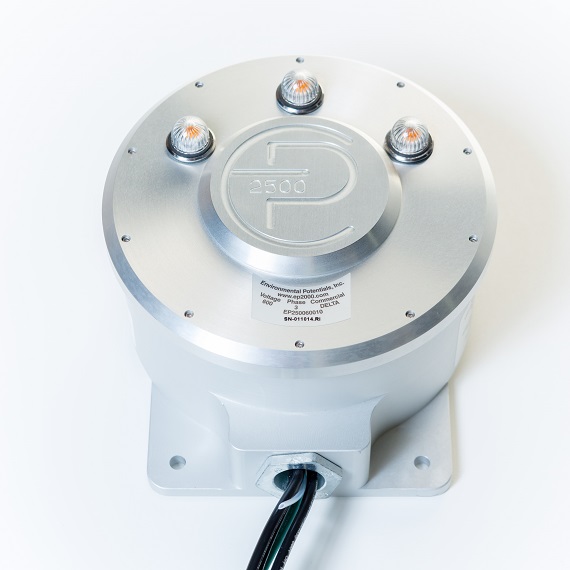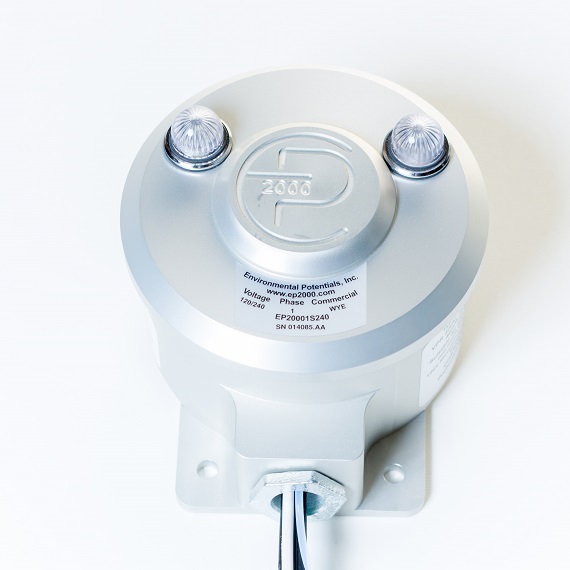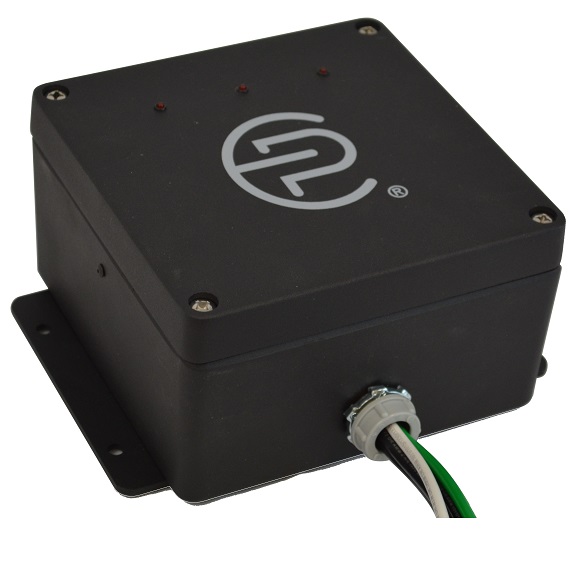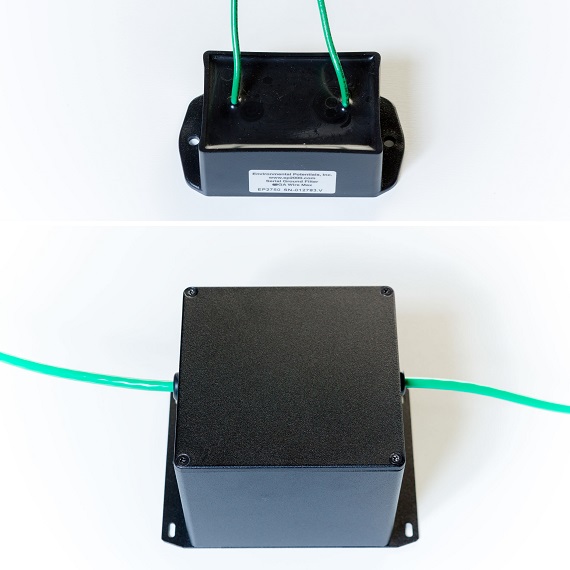Electric Vehicle Station Protection
- Home
- Electric Vehicle Station Protection
EV CHARGING STATIONSSurge Protection and Waveform correction
EV is going to reshape the way we transport in the United States. Cars, bikes, trucks, trams, and even airplanes will soon be completely electric, reducing the carbon footprint significantly. The advancement in battery technology, government rebates, and a significant drop in their prices made the EV market more appealing to the consumer. The successful EV sales are projected to rise by 50% by 2040.
Growing Concern – Power Quality
The EV’s are high-tech, with zero carbon footprint; however, there is something that everyone is overlooking: “power quality.” Power quality defines the health of the electrical power a facility is getting in from the utility. While the “good power quality” results in the efficient operation of the electrical loads, the “poor power quality” degrades the electrical system with premature damage to the loads and increased power bills. Poor power quality is a growing concern in both the consumer and energy sectors, costing millions of dollars of maintenance every year.
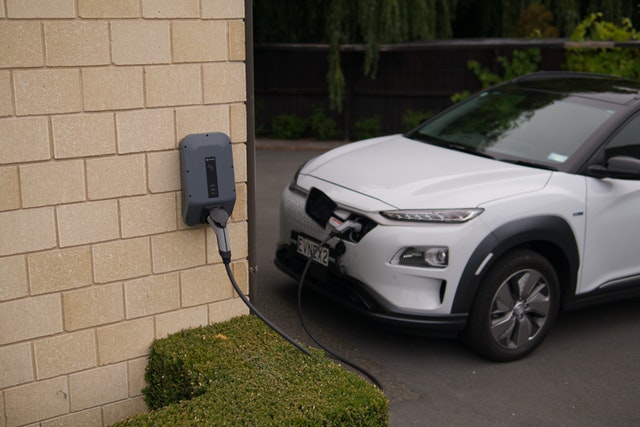
EV stations cause poor power quality.
The EV behaves like any other nonlinear load in the system that draws nonlinear waveform from the utility (power company). With the nonlinear waveforms, EV’s generate harmonics, noise, transients, and other poor power quality to the system, causing detrimental effects to other electrical loads such as your TVs, home theatres, computer, printers, etc. The possible results from poor power quality are:
- Decreased longevity of your rest of home electrical appliances.
- Increased maintenance and damage to the loads.
- Increased power consumption and erratic behavior of the loads, including the EV station.

Utility companies also suffer from poor power quality
The utility company also suffers from these poor power quality issues. The utility and its distribution system are not designed well enough to accommodate a high percentage of EVs in the next few years. Studies show that the EV charging stations harm the power grid in various ways:
- Increased distribution losses through transformer and wire, aka Ohmic losses.
- Shortened capacitor life with possible resonance phenomenon.
- System imbalance as more EV’s is being added to the system.
The power companies do not use any power quality equipment to address the significant concerns from the EV stations, eventually sending all poor power quality back to their customers. In other words, the rest of the residential facilities are negatively affected by the power quality issues generated by the EV stations.
The solar panels may add more noise to the system
EV charging station with the solar installed on the roof is the worst combination. Solar inverters are also nonlinear loads that generate continuous noise to the system. The EV and Solar inverter combination further amplifies the electrical noise, causing significant detrimental effects on your system. Unattended noise in the system can strengthen further to generate high-energy transients in the system. The transients are large enough to damage your equipment, just like instantly.
In a nutshell:
- EV and Solar inverters are noise generators in a residential facility.
- The noise can cause detrimental effects to both the user and the power grid.
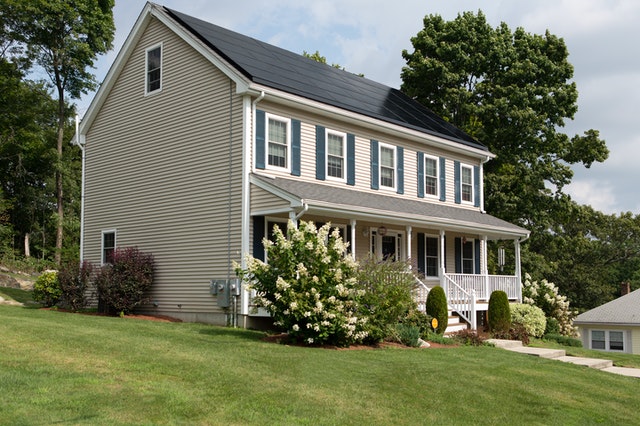
A “complete protection” is required to maintain good power quality
The only solution to protect your home is installing electrical filters that can safely handle the electrical noise. The high voltage transients and the lightning strikes can be very well removed using an SPD. Therefore, a perfect combination of an SPD and an electrical filter should give “complete protection” to your EV, Solar inverters, Audio-video equipment, computers, printers, HVAC, etc.
Complete home protection should:
- Meet UL safety standards to be installed in homes.
- Tested/proven to remove the electrical noise generated by the nonlinear loads.
- Can safely remove the transients from noise and lightning strikes, so your equipment is protected.
Our homes are turning out to be much smarter than we all think. We live in a world of automation, high-end lighting, sophisticated audio-video equipment, EV stations, solar panels, and much more. Our electrical loads are upgraded, but is our power system upgraded? Is our home electrical wiring or the utility upgraded to accommodate our high-end electrical loads? The answer is No, or at least not yet.
EP introduces its new EP2050EE, a high-end residential electrical filter to address both the noise and transients. EP2050EE is UL listed, proven to help homeowners protect their investment, increase load efficiency, and often reduce electrical consumption. The below picture shows the current waveform after adding EP2050EE unit to the home. The waveform is clear from harmful transients and electrical noise caused by the EV.

Power quality is going to be a growing concern for every homeowner in the next few years. Get some help and use an appropriate home protection system to “protect your investment.”


